Scammers are always looking for their next victims, and some locations seem to attract more fraudulent activity than others. Whether you’re traveling abroad or simply going about your daily life, it’s really important to stay vigilant. Here are 21 places where you should always be extra cautious.
Tourist Attractions

In some popular landmarks, you can find con artists pretending to be friendly locals who offer you discounted tickets or exclusive tours. They might also use distraction techniques to pickpocket those who don’t pay attention. Rick Steves warns us always to buy tickets from official sources and be wary of overly helpful strangers at busy tourist spots.
Online Marketplaces

Websites like Craigslist and Facebook Marketplace are hotbeds for scams. Fraudsters often list nonexistent items, misrepresent products, and then ask for payments through unsecured methods or pressure buyers to act quickly. Always meet sellers in person in safe public locations, and never send money before receiving the item.
Public Wi-Fi Hotspots

Free Wi-Fi in cafes, airports, and hotels can be a goldmine for cybercriminals, as hackers can set up fake networks or intercept data on unsecured connections. They might steal login credentials or financial information, so always avoid accessing sensitive accounts on public Wi-Fi and use a VPN for added security.
Social Media Platforms

Scammers exploit social media’s trust and connectivity to spread fake news, links, and fraudulent investment schemes. They may also create fake profiles to build relationships and manipulate victims. Be skeptical of unsolicited messages, investment opportunities, or requests for personal information on social platforms.
Email Inboxes

Phishing emails remain a common way for scammers to trick people into revealing sensitive information. They often imitate legitimate companies or organizations, but their emails contain malicious links or attachments. Remember to verify the sender’s address and be cautious about clicking links or downloading files from unexpected emails.
Dating Websites

On dating platforms, fraudsters create fake profiles to build emotional connections with victims before asking for money, often claiming to be in financial distress or in need of help with travel expenses. Never send money to someone you haven’t met in person, no matter how convincing their story might be.
ATMs
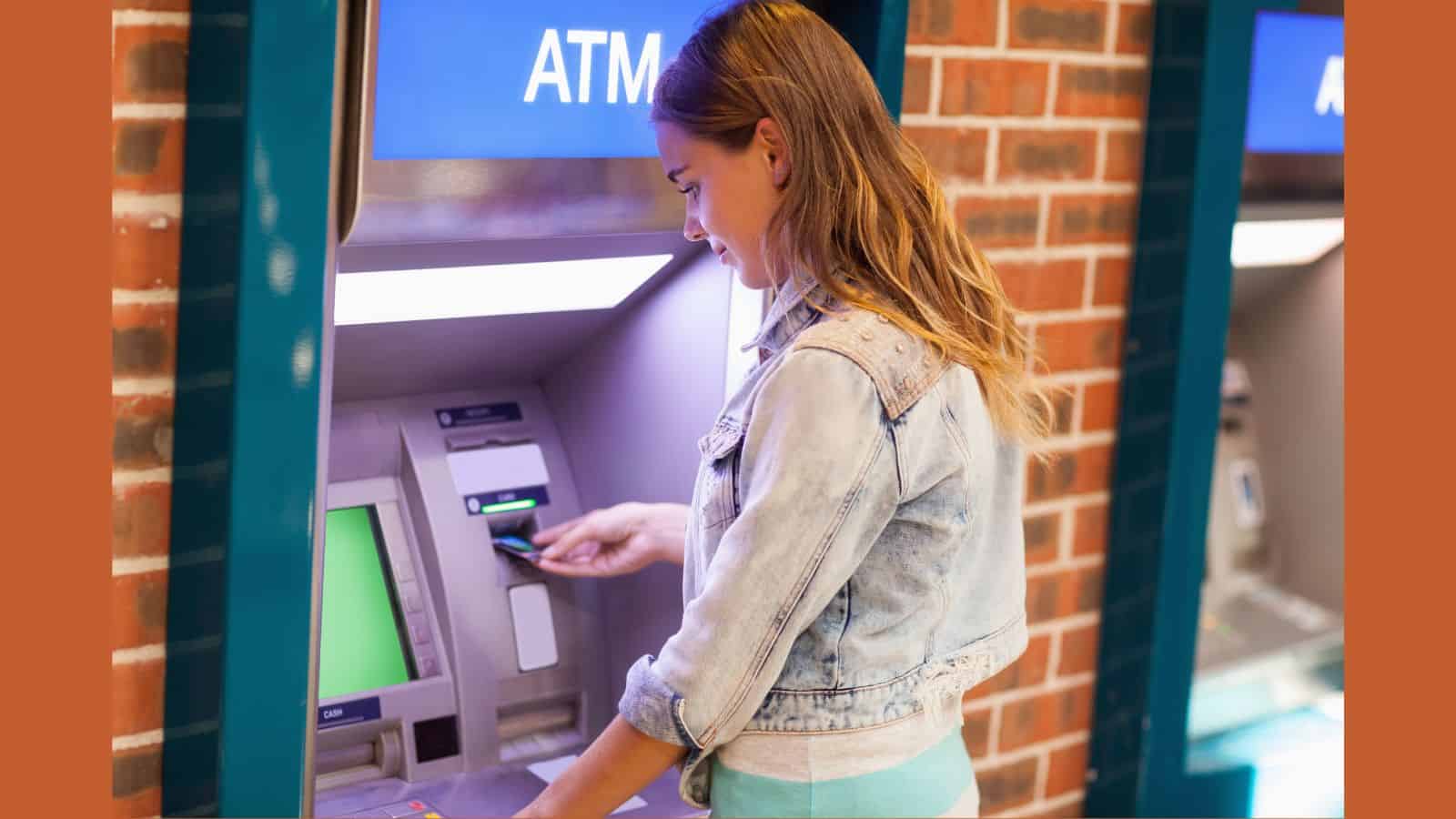
Some criminals install skimming devices on ATMs to capture card information and PINs or tamper with the machines to trap cards. To avoid scams, always check for any unusual attachments or cameras near the card slot and keypad, and use ATMs in well-lit, populated areas, preferably inside banks.
Phone Calls
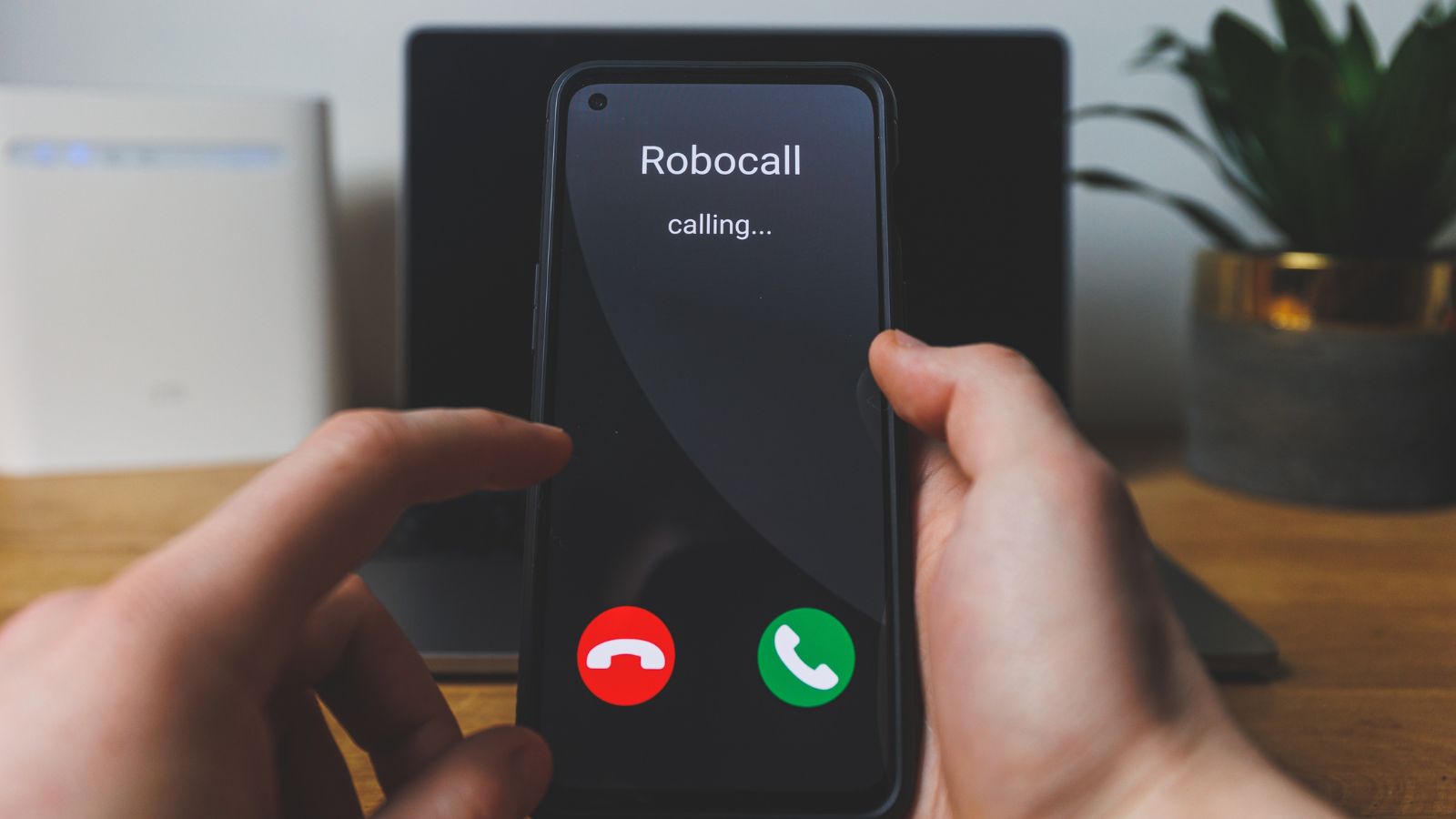
Telephone scams remain a popular method for fraudsters to target victims, so never give out sensitive details over the phone to unsolicited callers. Scammers may pose as government officials, tech support, or bank representatives and use pressure tactics or threats to extract personal information or money.
Parking Lots

Scammers may lurk in parking lots, especially those near tourist attractions or shopping centers. They might offer to help with parking, claim you’ve damaged their car, or try to sell fake parking permits. Be cautious of anyone approaching you in parking areas, and always use official payment methods.
Street Markets
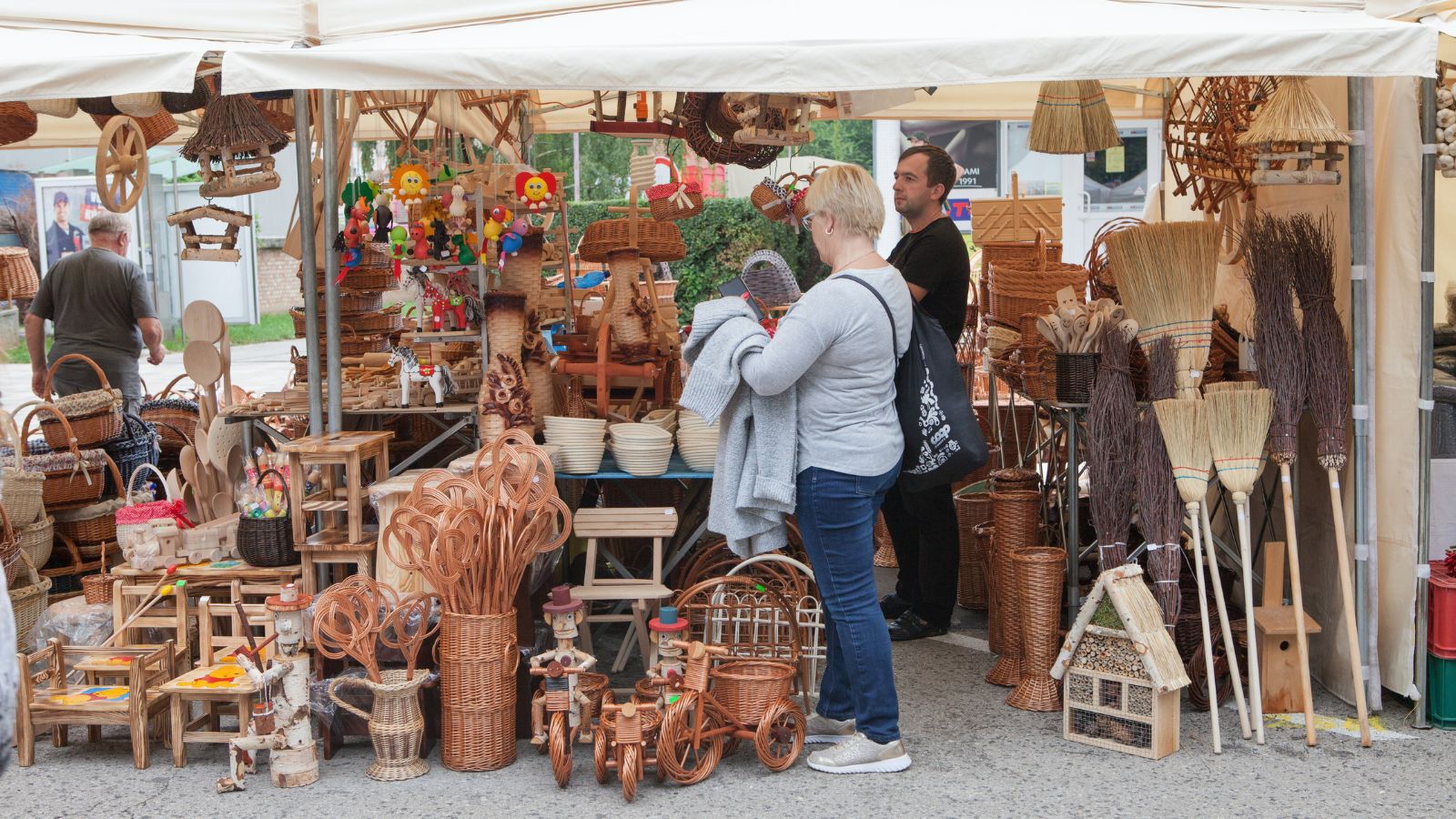
Street markets can also be packed with scammers, from those who sell counterfeit goods as genuine to pickpockets who often operate in these crowded areas, sometimes in teams. To protect yourself, keep valuables secure, be wary of deals that seem too good to be true, and always inspect products before purchasing.
Timeshare Presentations

Free vacation offers often come with a catch – sitting through high-pressure timeshare sales pitches. Salespeople may use deceptive tactics or make false promises about investment potential and rush you into signing contracts without full disclosure. Make sure to always read the fine print and never make impulsive decisions about large purchases.
Job Listing Websites

Scammers often post fake job listings to collect personal information or money from job seekers, so research companies thoroughly and be wary of job offers that seem too easy or pay too well. They might ask for upfront fees for training or background checks; some may send fake checks and ask you to wire money back.
Repair Services
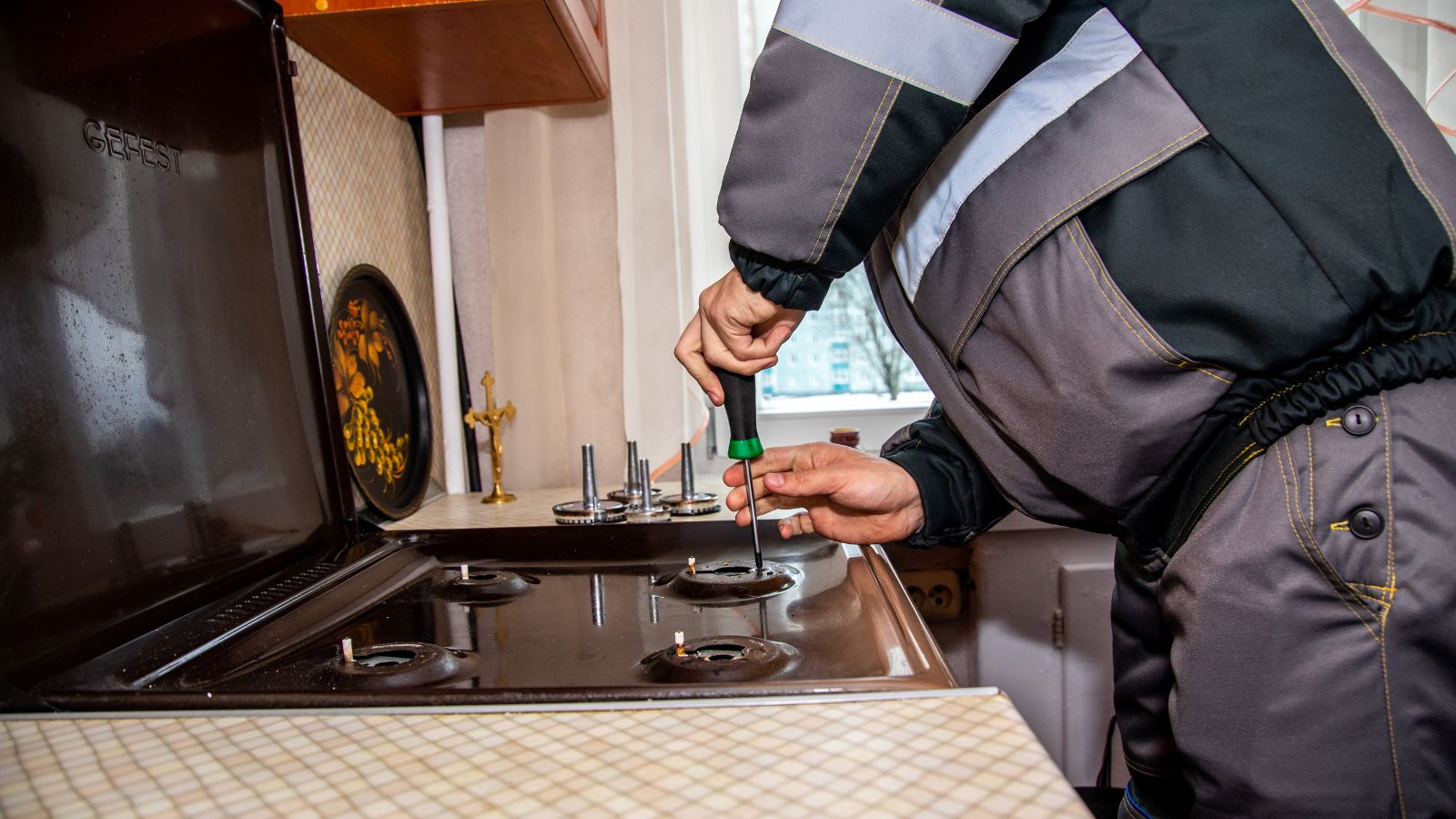
Unreliable repair services, especially for homes or vehicles, might overcharge, perform unnecessary work, or use substandard parts. They may create fake emergencies to pressure you into immediate repairs. To avoid being scammed, get multiple quotes, check reviews, and ask for detailed explanations of all work performed.
Charity Solicitations

Fake charities often emerge after natural disasters or during holiday seasons, using names similar to legitimate organizations to confuse donors. An easy way to recognize these scammers is how they pressure you for immediate donations. We recommend always verifying charities through official channels before donating.
Rental Listings

Scammers may post fake rental listings using photos of real properties and ask for security deposits or the first month’s rent before showing the property. Some may even try to rent out properties they don’t own. It is crucial to see the property in person and verify the landlord’s ownership before sending any money.
Tech Support Pop-ups

Fake tech support pop-ups may appear while browsing, claiming your computer is infected, aiming to gain remote access to your device, or sell unnecessary software. They often use scare tactics to pressure you into action. Never call phone numbers or click links in unexpected pop-up windows.
Gas Stations
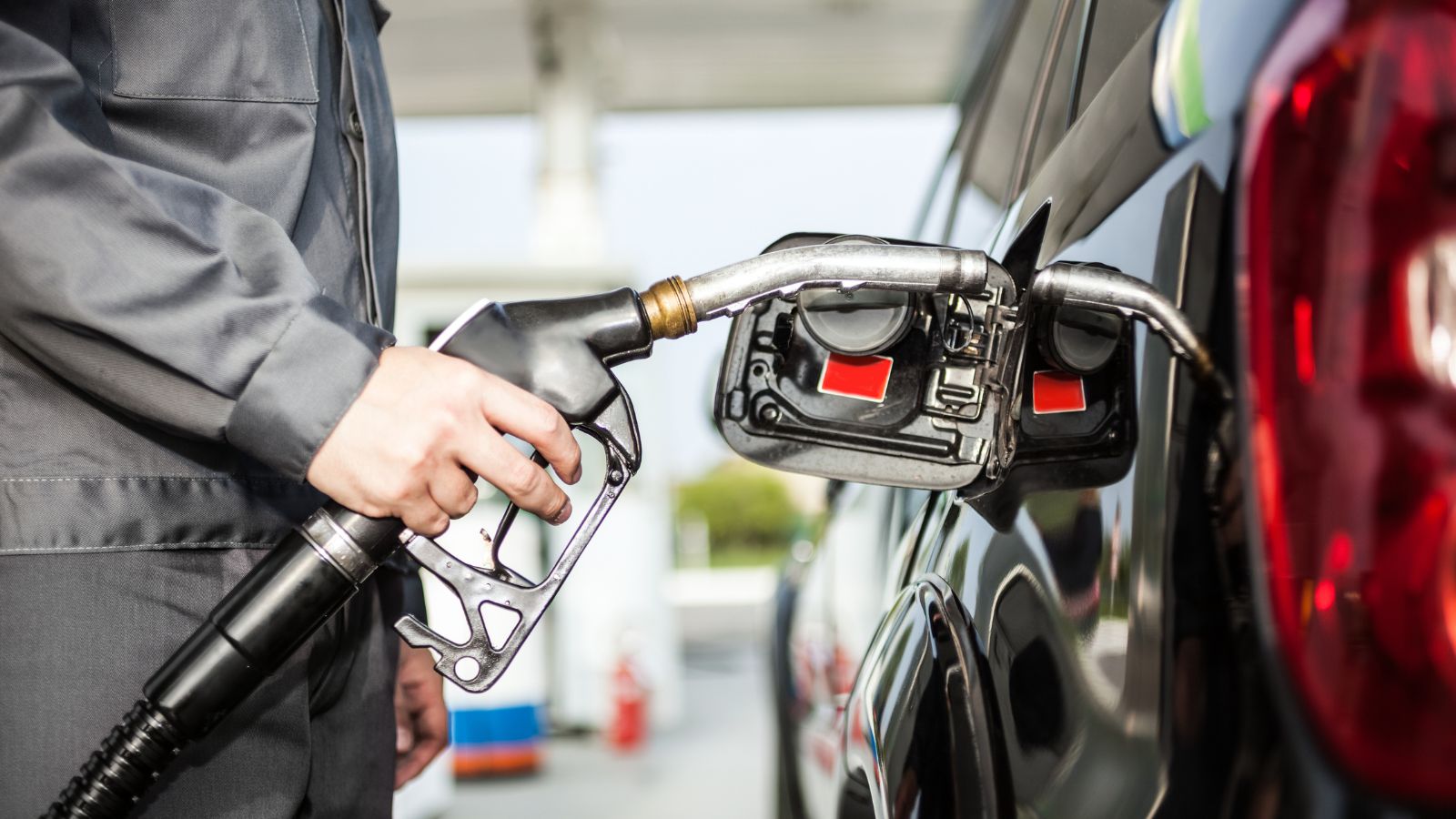
Some gas stations may tamper with pumps to dispense less fuel than indicated. Credit card skimmers are also common at gas station payment terminals, so pay attention to the pump’s meter and inspect card readers for any unusual attachments. Using cash or paying inside can reduce the risk of card fraud.
Hotel Rooms

Hotel room scams can take various forms, from fake booking websites to ‘pizza delivery’ cons. Scammers might call your room pretending to be the front desk, asking for credit card information. Always book through official channels and verify any requests for personal information with the front desk in person.
Festivals and Concerts

Large events attract ticket scammers selling fake or non-existent tickets. They might set up convincing-looking booths or websites or sell the same ticket multiple times. Only buy tickets from official vendors or trusted resale platforms that offer buyer guarantees.
Airports
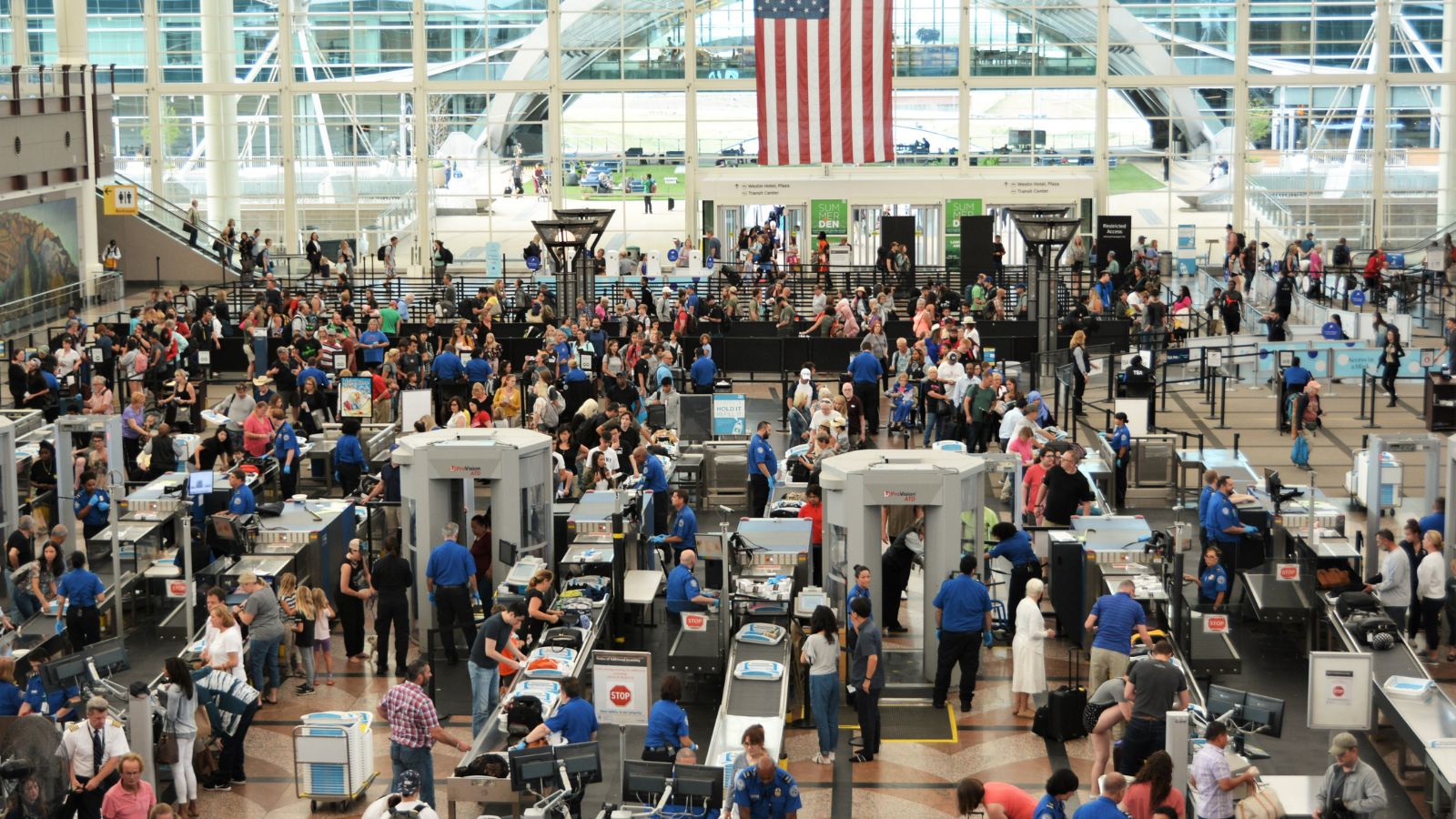
Airports are prime locations for various scams, from fake taxi services to currency exchange fraud. Scammers may offer to help with luggage or provide unauthorized ‘express’ services. They often target tired or rushed travelers, so stick to official services and be wary of unsolicited assistance.
Online Gaming Platforms

Gaming platforms are increasingly targeted by scammers offering rare items or in-game currency, sp always be cautious of deals offered through chat or unofficial channels in gaming communities. They might use phishing links to steal account credentials or sell hacks that are actually malware. Some run pyramid schemes disguised as gaming investments.
Up Next: 17 Phrases Older People Use That No One Else Gets

Each and every generation has its own phrases and sayings that separate it from the rest, and the boomers certainly have plenty. Discover 17 popular boomer phrases that aren’t often used today and what they mean. Maybe you’ll want to bring some of them back!
17 Phrases Older People Use That No One Else Gets
People Who Don’t Show Empathy Usually Have These 18 Traits

The world would be a better place if everyone had a little more empathy. But sadly, in reality, some people show much less empathy than we’d like. Here are 18 traits of people who don’t show empathy.
People Who Don’t Show Empathy Usually Have These 18 Traits
The 17 Unhappiest States in America

The US has hit an all-time low position in the World Happiness Index, tumbling to 23rd in 2024. However, it’s important to remember that location is an important factor; many US states are very happy, unlike the following 17 US states that appear to be the most unhappy.

